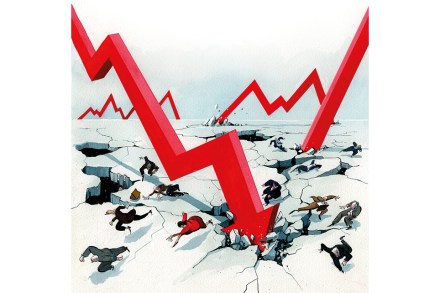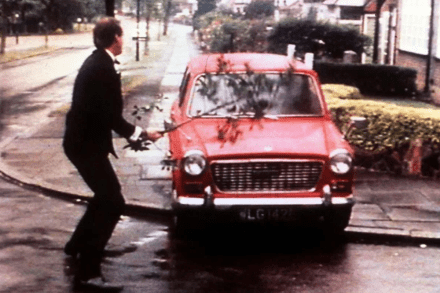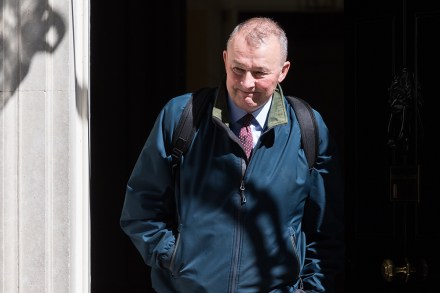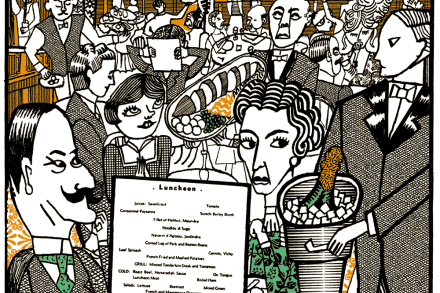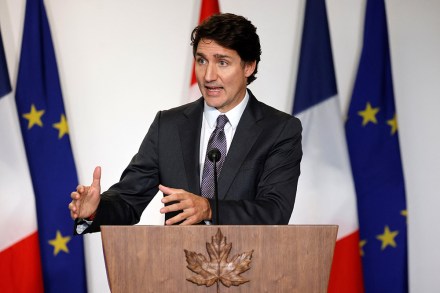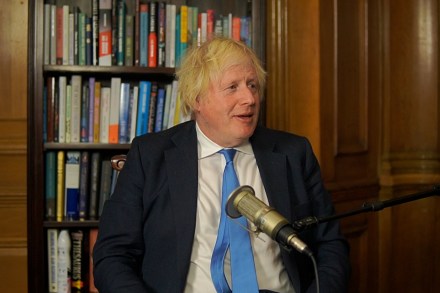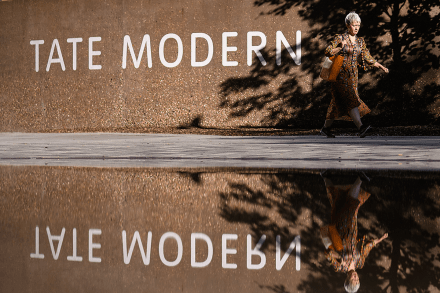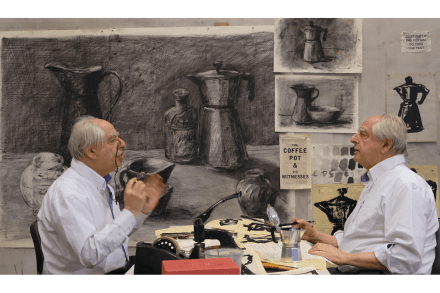Q&A: Lockdown ‘sins’ & where Conservatism went wrong
41 min listen
To submit your urgent questions to Michael and Maddie, go to spectator.co.uk/quiteright. This week on Quite right! Q&A: was lockdown the right call – and what did Britain get catastrophically wrong? Michael and Maddie unravel the ‘sins’ of the Covid era, from criminalising everyday behaviour to the rise of snitch culture. Did Sweden show there was a better way? Then: is conservatism suffering from a crisis of confidence? Michael reflects on 14 years of Tory drift, why the party ‘talked right but governed left’, and how Blairism, wokery and cultural blindspots reshaped British politics. Plus: the odd new tone of modern political interviews – from mawkish breakfast-TV hectoring to the









